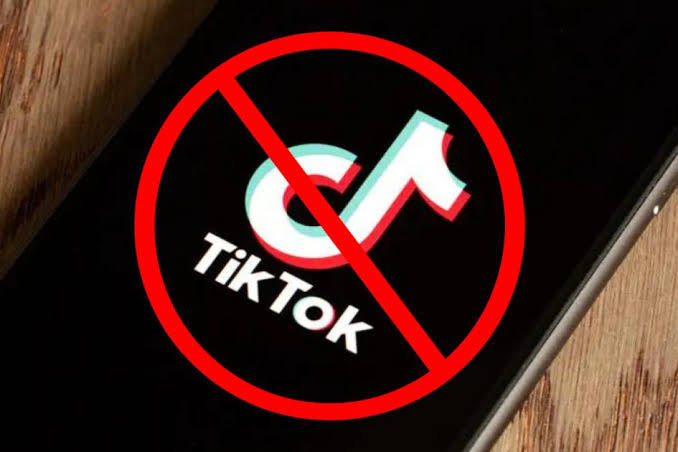A petition to ban TikTok was turned down by the Kenyan government. The petitioner says that TikTok is a major reason for the moral and cultural decline in East Africa.
The government thinks that they can’t go up against technology.
Kimani Ichung’wa, who is in charge of the majority in parliament, said that the app has given most young people jobs, so the house can’t stop it. He said that if the applications are banned, it will hurt the lives of many young people because they are part of the government’s efforts to create jobs.
“The petitioner should find out how to control how apps are used, by what age group, and what material can be uploaded for a certain age group to watch. If it were outlawed completely, many young people who make a living from it would lose their jobs. Teens and young people can use TikTok and Snapchat to make money through these government-backed apps.
A business leader named Bob Ndolo, who is the Executive Officer of Bridget Connect Consultancy, took the letter to parliament. Even though the app has become very popular among young people in the country, the content that is shared on it is not appropriate. This was one of the main points of the petition.
Ndolo said that the content encourages violence, explicit sexual content, hate speech, offensive language, and offensive actions, which is a big problem for religious and cultural values.
He said TikTok content is hard to monitor because the Communications Authority of Kenya doesn’t regulate the internet. Ndolo argued in his petition that TikTok’s invasion of young people’s privacy has caused problems.
Read also: Two tech giants back TikTok legal tussle with Montana State
Kenyan lawmakers vote against banning TikTok
Several other politicians spoke out against the ban. Njeri Maina, the woman who represents Kirinyaga, talked about how high unemployment is in Kenya, especially among young people. Because of this worry, she said that even though Members of Parliament can’t ban TikTok, they can still keep an eye on and control the content that is shared on the site.
Irene Mayaka, who was chosen to be an MP, said that making it illegal to use the app in Kenya wouldn’t solve the petitioner’s problems. She said that people could still view content from apps in other countries even with tools like Virtual Private Networks (VPN). So she told parents to keep an eye on what their kids do on social media.
Martin Owino, an MP from Ndhiwa, said that while parliament can’t make moral laws, it also can’t make a place where morality can grow. He said that the best way to deal with the problem was to strike a careful balance.
Bob Ndolo’s appeal will be considered by the committee, which will rule after 60 days.
Kenyan authorities and social media creators
Kenyan social media creators criticized William Ruto’s 15% withholding tax on digital content monetization a few months ago.
One of the numerous Finance Bill modifications is taxing Kenyan content creators. Creators’ content monetization will be taxed at 15%.
Alex Mathenge, a comedian and content producer, doesn’t mind being taxed, but the government hasn’t done anything to give content creators the ability to demand taxes. “You cannot milk a cow you have not fed grass,” he added.
He emphasized that the government must first help workers in the digital economy before taxing content creators.
Mohammed Assad Alby, another TikTok celebrity, said Kenyan youth have turned to video creation as a creative way to generate money because jobs are scarce. He warned that making money in the industry is hard.
Job opportunities benefit from social media
Not just LinkedIn but all social networking sites help people find jobs. Many companies use social media to find out personal information about applicants. If you use it right, social networking can help you find a job.
Due to the rise of internet networking, South African businesses use social media to sell, advertise, and hire. Job seekers can use social media platforms like websites and apps to share information and connect with other people. These sites look at job seekers’ profiles and try to match them with employers.
Over 60% of companies look at candidates’ social media pages to see how skilled they are. Half of the interviewers want to know if the candidate fits in with the company’s culture, and 45% want to know more about their skills. Most companies don’t go out of their way to find negative comments, but more than half have said they turned down an interview because of something they saw on social media.
Important causes include the use of provocative or inappropriate images, alcohol or drugs, discriminatory language, negative comments about former workers, and poor communication skills.
Social media is worth the risk if it is used well. Job seekers can’t delete all of their accounts because many employers are less likely to interview people who aren’t online. Social media can help job hunters if they use it the right way.
